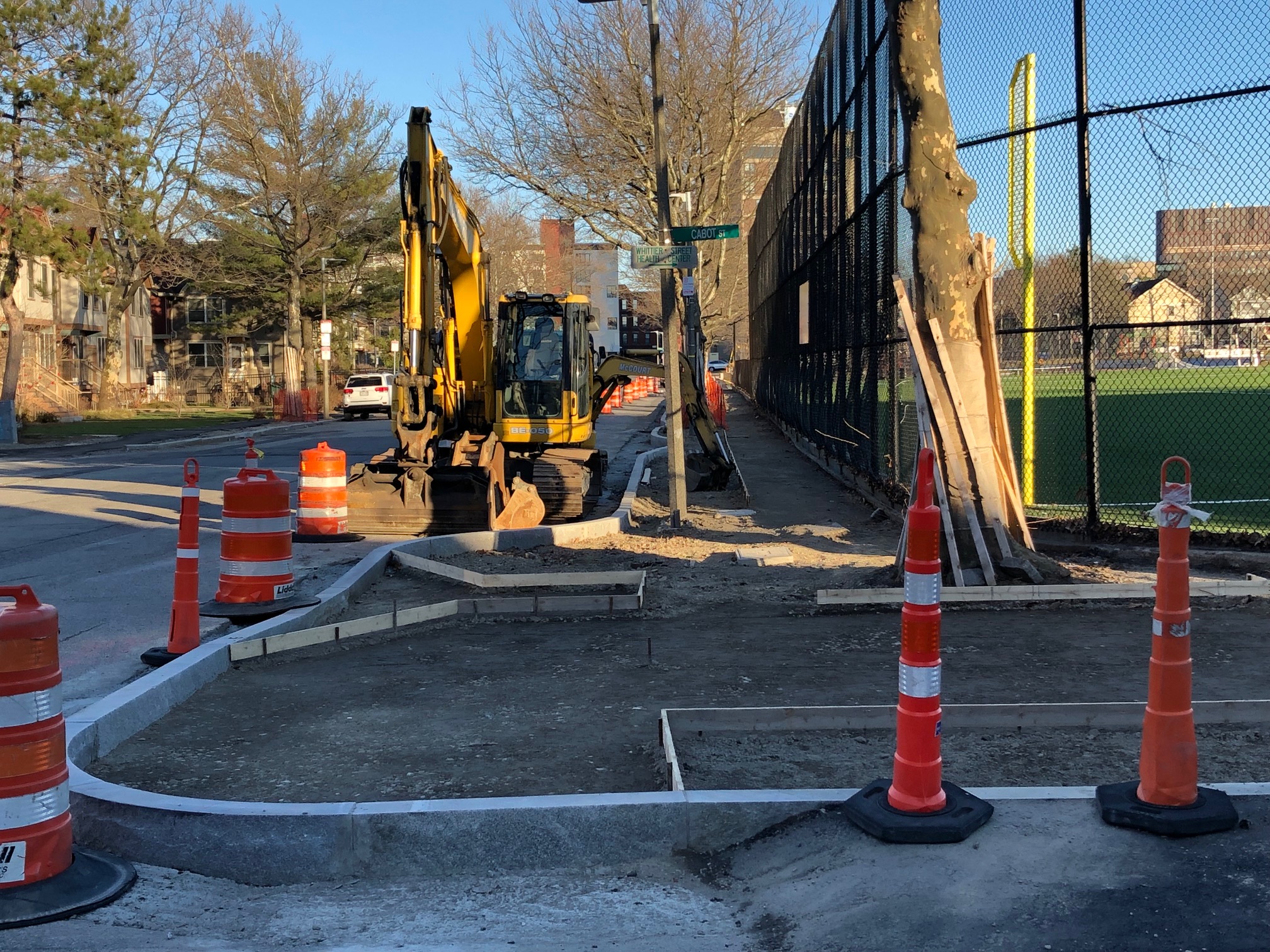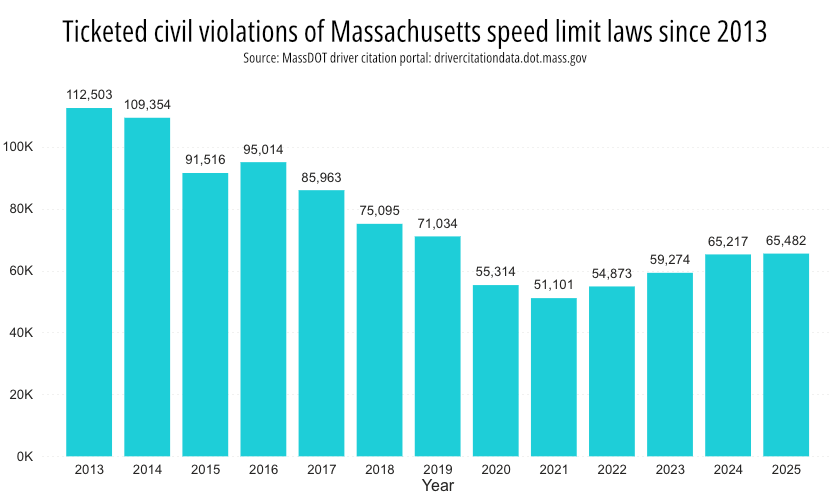Rep. Adrian Madaro of East Boston is sponsoring an amendment to a state economic development bill that, if adopted, could finally give the green light for the MBTA to use cameras and issue fines to drivers caught blocking dedicated bus lanes.
On Monday, House legislators unveiled House bill 4789, "an Act relative to strengthening Massachusetts’ economic leadership."
Although the core of the legislation is focused on spending for economic development programs, the bill also includes a melange of other policy proposals, like tax credits for theatre productions and a proposal to name the Boston Convention Center after former Mayor Tom Menino.
Legislators have introduced hundreds of amendments, and a few of them are transportation-related. Debate on the bill, and its long list of proposed amendments, is expected to begin on Thursday.
Amendment 365, sponsored by Rep. Adrian Madaro of East Boston, would allow the T and regional transit authorities to "deploy bus mounted camera systems as a means of enforcing the priority of buses on roadways in lanes designated for the exclusive use of buses and as a means of enforcing bus stop violations."
Several other stand-alone bills aim to do the same thing, and Rep. Madaro's amendment borrows similar language from those bills: it sets an upper limit on fines at $125, prohibits agencies from sharing camera footage without a court order, and requires public annual reports on social and racial equity considerations.
Unlike Senate bill 2600, Rep. Madaro's amendment does not include language for camera-based enforcement on school buses.
Also of interest are Amendment 107, sponsored by Representatives Owens of Watertown and Rep. Vitolo of Brookline, to require "every employer in the commonwealth of Massachusetts that employs at least 50 persons" to offer a pre-tax transportation fringe benefit.
There's also Amendment 633, sponsored by Rep. Ciccolo of Lexington, to authorize local and regional ballot initiatives that could establish special taxes to fund transportation projects.





